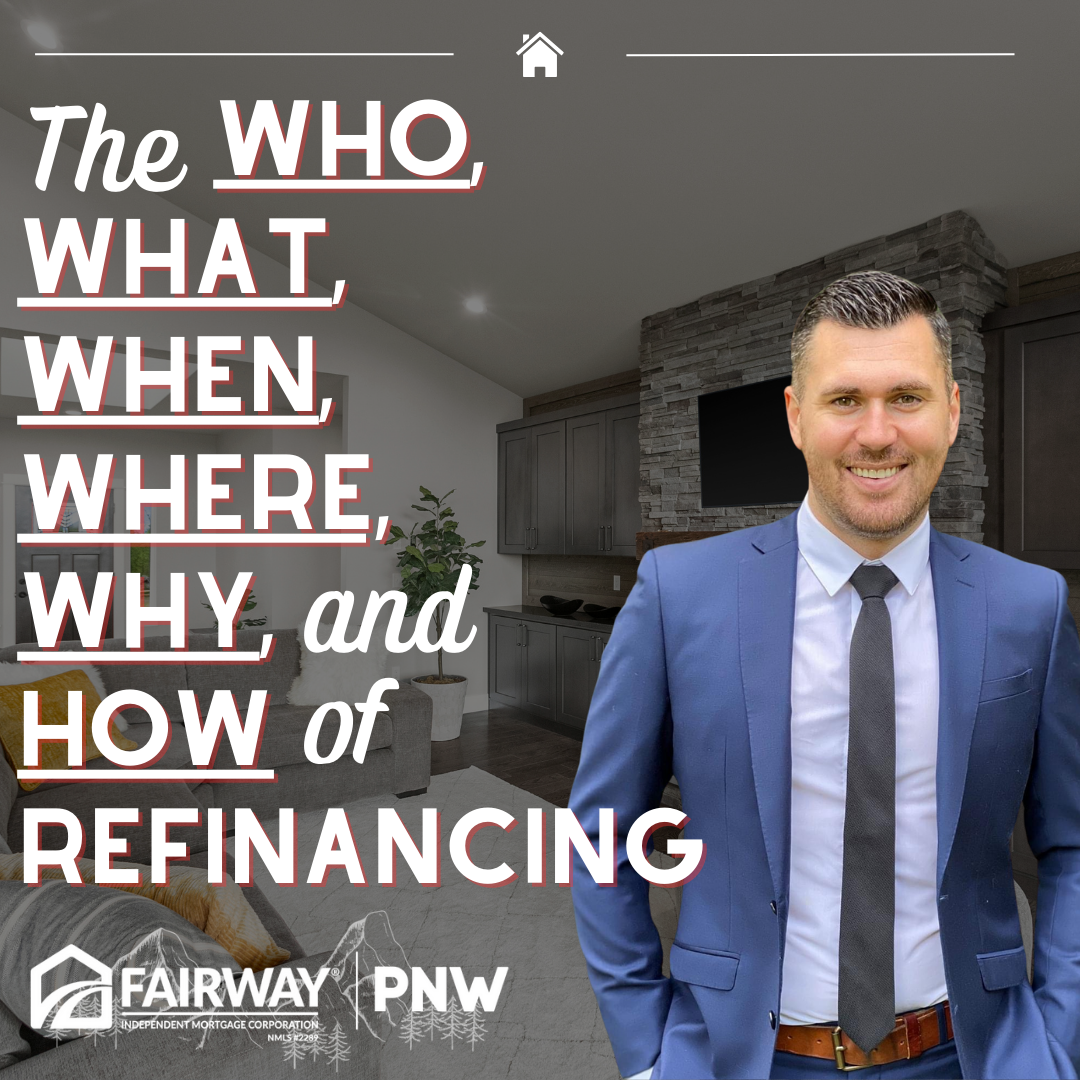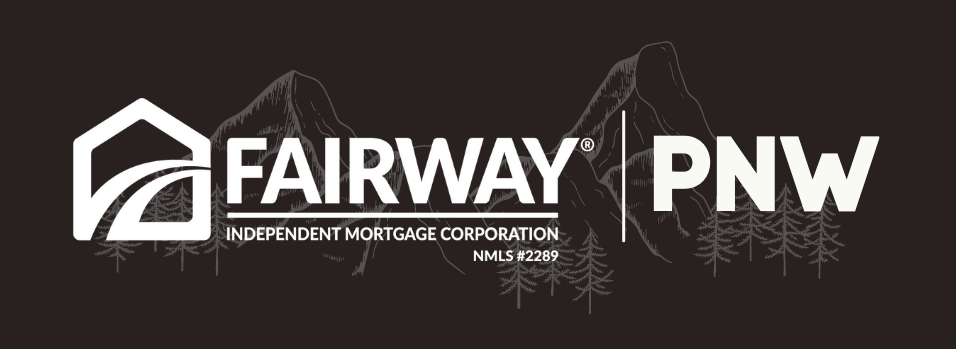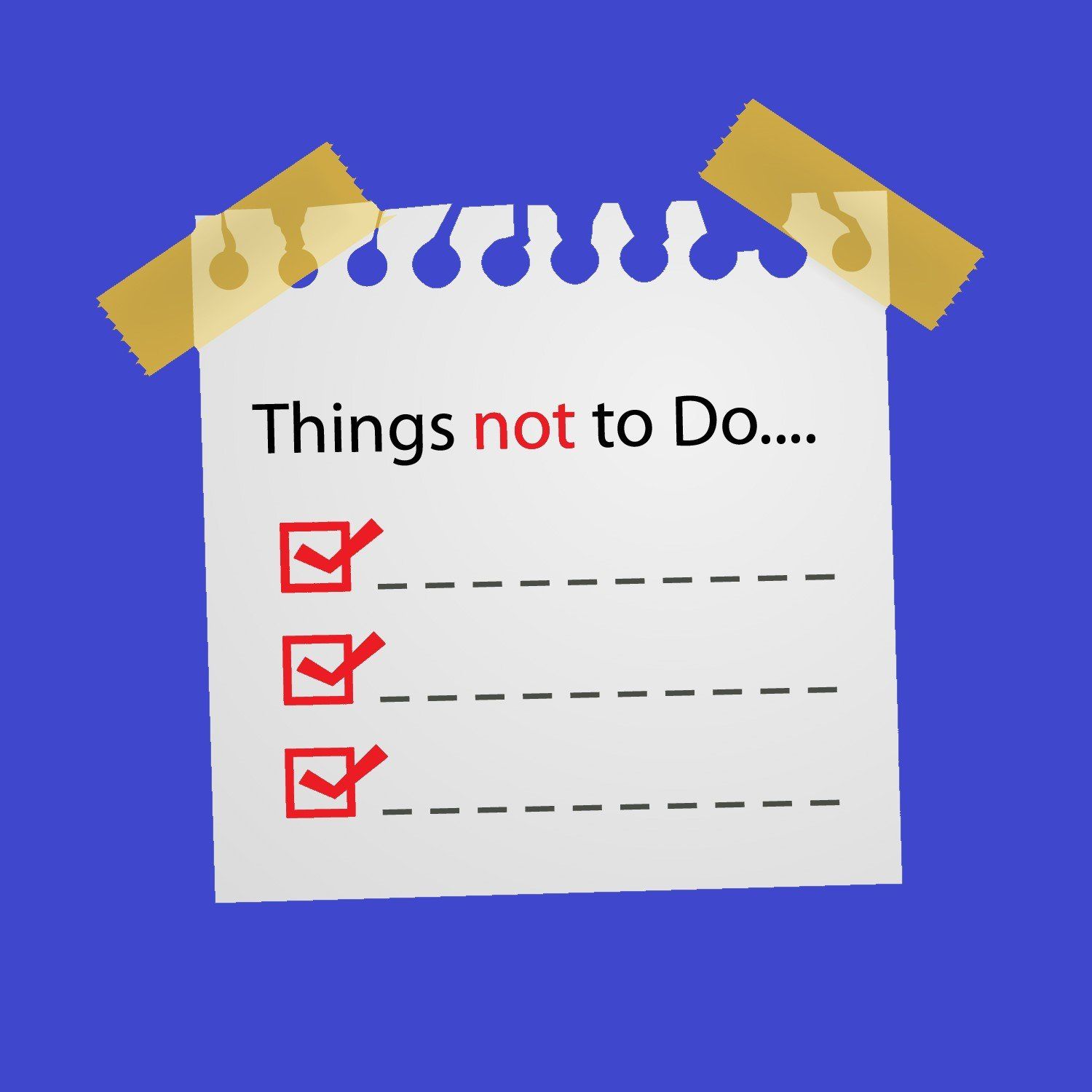Buy Now vs. Waiting for “the Bubble”
Buy Now vs. Waiting for “the Bubble”

If you’re reading this there’s a good chance you’re here because you’re wondering if buying a home could be in your near future. Whether you’re a seasoned homeowner or just dipping your toe in the water, you may have questions about what’s going on in the market lately. Maybe you have questions like, ‘is it a good time to invest in real estate?’ or ‘is it better to stay where you are until the market cools down?’
I work with a lot of people who aren’t always sure if buying a home is in the cards for them. Maybe because they think they need perfect credit or need a ton of cash in the bank to buy a home. Maybe it’s because there’s so much information from different sources that it’s tough to make heads or tails of what’s fact and what’s myth. Honestly, sometimes simply getting the process started is just plain intimidating and overwhelming.
One of the things I love most about my job is when I’m able to sit down and help talk through fears and misconceptions and give someone enough information to make an educated decision about buying.
I wanted to cover a few of the biggest fears that I’ve been hearing lately in case you or someone you know is having the same fears about buying.
“The payment is probably higher than my rent”
This is one I hear sometimes, especially when someone is on a fixed income or a tight budget. In some cases, YES, your mortgage payment can be higher than your rent is now. However, consider this – when you buy a home you are usually going to be in a fixed rate loan. This means that your principal & interest payment is going to be a set amount that is “fixed” for as long as you have that loan – usually 30 years. Is your landlord going to keep you on a fixed rent amount for as long as you stay in your rental? Unless you’ve got a very generous landlord or are in a rent-controlled apartment, the answer is probably a giant NO. I’m a big fan of facts and numbers so I’ll give you some context.
In my specific county – Kitsap, WA – the fair market rent amount for a 3 bedroom home is $2074 per month. What’s even worse is a 2 bedroom apartment in my community the fair market rent is close to $1,500 per month. We’ve seen an increase of 14.12% year-over-year increase from 2021-2022. If we fast forward a few years we can almost guarantee that the $1,500 per month apartment in today’s money will be more expensive 5 years from now, whereas your mortgage payment would be the same.
Here's another number – if you’ve been shopping for a new apartment lately you can likely attest to the fact that rentals are hard to come by and expensive for what you get. This is evidenced by the fact that our rental vacancy rate is historically low at 3.6%. In Washington State that is 35% lower than the national average. Short story – to a landlord considering what to charge for rent, this a simple supply & demand equation. Less available rentals equal the ability to charge more rent.
The shortage of available rentals coupled with landlords seeing average mortgage rates increasing means they have more ability to increase their rents.
So, why buy now? Walking into the biggest purchase you’ve probably made in your life is a big decision so you should weigh pros vs. cons. I did it!
Pros:
1. You’re building your wealth and making an investment in your future. Real estate on average increased in value (or “appreciated”) by 21% between end of 2020 and end of 2021. Meaning that as your property grows in value, the amount of equity (aka money) you have in your home grows by a significant amount. Even if you take a very conservative average annual rate from the timeframe of 2000-2021 which was 5.54%, you would be looking at value of your investment increasing by an annual rate of 5.54%. Name another investment that offers that return with relative safety and stability. In short, each year property values and rents go UP, but your mortgage payment stays the same.
2. More control over your OWN living situation. If you buy you don’t need to worry if your landlord increases rents or sells the house. If rents suddenly skyrocket and it becomes hard to afford what do you do? If you own your home your mortgage payment stays the same for 30 years so you don’t need to worry about rising average rents. If your landlord decides to sell their house, will there be a scramble to stay in the location you want to be in and how much will that cost? I’ve been working with a lot of folks recently whose landlords are seeing the ‘sellers market’ as an opportunity to sell their rentals and tenants are having to figure out living arrangements on the fly and not having a good time.
3. Future adulting moves/generational wealth. Your home is yours for as long as you want it. You can sell your home down the road, rent it out and become a landlord yourself, or retain it and stay in it forever. If you outgrow the house and need a larger one or decide you want to be in a different neighborhood, etc., you can sell your home or rent it out for whatever market rents are at that time. Remember #2 – rents are going to go up so you can charge market rents to tenant but your mortgage payment stays the same, aka CASH FLOW and income producing property. Or if you don’t sell or rent and you stay in the home forever, you’re just gaining compound interest on your investment since property values tend to increase (remember #1) 5%+ annually, conservatively.
4. Real estate is a smart investment. Here’s some additional reading on why you might want to buy real estate vs rent: https://www.investopedia.com/articles/mortgages-real-estate/11/key-reasons-invest-real-estate.asp
Cons:
1. See Closing Cost FAQ attachment – Closing costs are your responsibility but can come from a variety of sources (savings, retirement funds, gift funds from family members, etc.)
2. It’s your responsibility – Yes, if the water heater breaks it’s yours to fix. Remember when you close on a home your first mortgage payment is not due until the second 1st of the month after closing (close in July first payment is due August 1). Additionally, if you have done a standard first, last, deposit on your current rental you shouldn’t be paying your last month of rent. I always suggest to buyers to sock away the same amount as if you were paying rent and put it in your house fund for future repairs or incidental expenses.
3. It’s a commitment – Yes, definitely a commitment but it’s also a commitment to your future self, ya know?
4. It’s scary and intimidating – It can be if you’re flying solo BUT you’ve got me and you’ve got a team of professionals to do the scary parts for you. If for no other reason, this is why you work with trusted, local professionals – not an 800 number.
Of course, every situation is unique and different, and it’s not the right time for EVERYONE to buy, but if it’s been something you’ve been even casually considering, APPLY! Then we go from there.
If you’d like to talk about any of these items in more detail or to discuss getting pre-approved, please reach out to me at 360-990-3414

Confidentiality Notice:
Confidentiality Notice: The information contained in and transmitted with this communication is strictly confidential, is intended only for the use of the intended recipient, and is the property of Fairway Independent Mortgage Corporation NMLS #2289 or its affiliates and subsidiaries. If you are not the intended recipient, you are hereby notified that any use of the information contained in or transmitted with the communication or dissemination, distribution, or copying of this communication is strictly prohibited by law. If you have received this communication in error, please immediately return this communication to the sender and delete the original message and any copy of it in your possession. WA License Number MLO-1377661.
Business Hours:
Available 24/7 Including Weekends
Phone: (360) 900 9590
Email: teamlakecameron@fairwaymc.com
Address: 9633 Levin Rd NW Suite 101, Silverdale, WA, 98383









